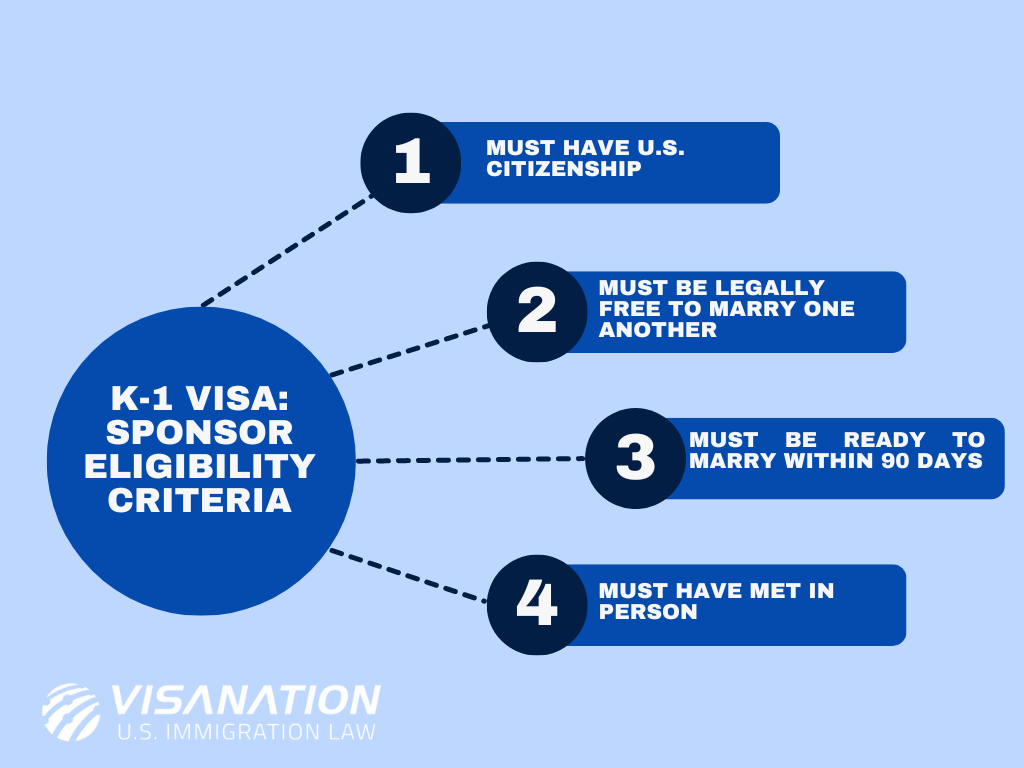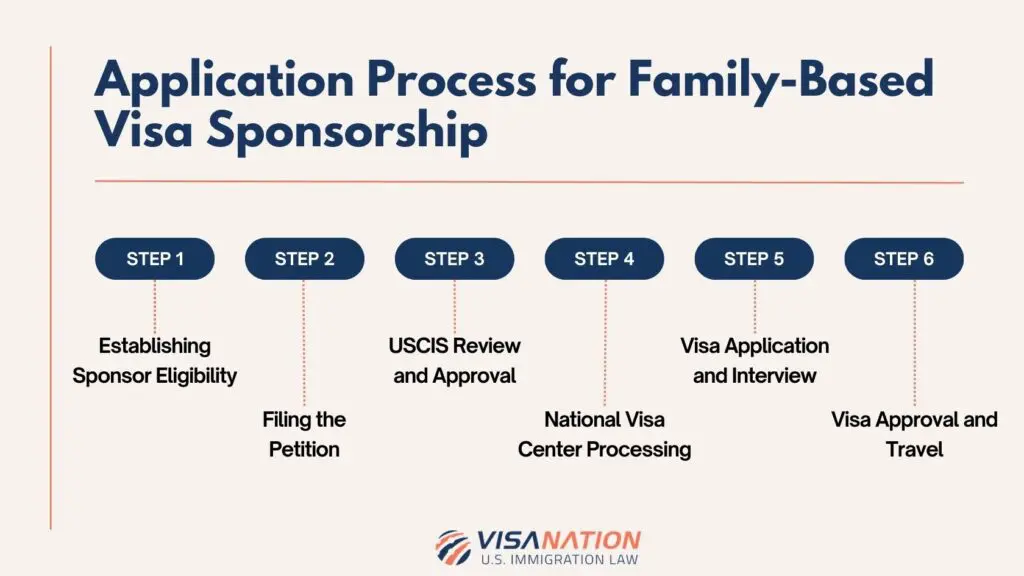Visa Sponsorship for Overseas Nurses in Australia
Australia is facing a significant shortage of healthcare workers, particularly nurses, and as a result, the country has become one of the top destinations for qualified overseas nurses. With its high standards of healthcare and appealing living conditions, Australia offers great opportunities for international nurses looking to further their careers. One of the main ways to work as a nurse in Australia is through visa sponsorship. In this article, we’ll explore the process, eligibility criteria, types of visas, benefits, and challenges of visa sponsorship for overseas nurses in Australia.
You May Also Like:
Why Australia Needs Overseas Nurses
Australia’s aging population and the demand for healthcare services have created an ongoing shortage of qualified nurses. According to the Australian Institute of Health and Welfare (AIHW), the healthcare workforce is expected to grow substantially in the coming years, with nursing being one of the fastest-growing occupations in the country.
The Australian government has recognized this issue and has put measures in place to attract skilled workers from overseas, including nurses, to fill the gap. The need for nurses spans various healthcare sectors, including hospitals, aged care, community care, and more, making it an attractive option for foreign nurses looking to work in a country with high living standards, excellent healthcare, and good career prospects.
Types of Visas for Overseas Nurses in Australia
Overseas nurses who wish to work in Australia must obtain a valid visa. There are several visa options available depending on your qualifications, work experience, and the type of employment you are seeking. Below are the primary visa categories for overseas nurses.
1. Temporary Skill Shortage Visa (TSS) Subclass 482
The Temporary Skill Shortage (TSS) Subclass 482 visa is one of the most common visa types for overseas nurses wishing to work in Australia. This visa allows employers to sponsor skilled workers from overseas to fill positions in occupations on the Medium and Long-term Strategic Skills List (MLTSSL), which includes nursing.
To qualify for this visa, applicants must:
- Have a job offer from an Australian employer that is willing to sponsor them.
- Meet the required skills, qualifications, and experience for the nominated occupation (nursing).
- Obtain the necessary health checks and character assessments.
- Have at least two years of work experience in the relevant field.
The TSS visa is a temporary visa, with a stay period ranging from one to four years, depending on the occupation and employment arrangement. After holding this visa for a period, applicants may be eligible to apply for permanent residency.
2. Skilled Independent Visa (Subclass 189)
The Skilled Independent Visa (Subclass 189) is a permanent visa for overseas workers with skills that are in demand in Australia. Unlike the TSS visa, this visa does not require employer sponsorship. Instead, applicants must meet the points-based criteria set by the Australian government and be invited to apply.
To qualify for this visa, applicants must:
- Be nominated for an occupation on the Skilled Occupation List (SOL), which includes registered nurses.
- Pass the skills assessment for nursing conducted by the Australian Health Practitioner Regulation Agency (AHPRA).
- Meet the English language proficiency requirements.
- Be under 45 years of age at the time of application.
- Score at least 65 points based on the Australian immigration points test.
This visa grants the right to live and work permanently in Australia and provides access to social services such as healthcare and education.
3. Employer Nomination Scheme (ENS) Visa (Subclass 186)
The Employer Nomination Scheme (ENS) Visa (Subclass 186) is a permanent residency visa for overseas workers who have been sponsored by an Australian employer. This visa is suitable for nurses who have already worked in Australia on a temporary visa (such as the TSS visa) and wish to transition to permanent residency.
To be eligible for the ENS visa, applicants must:
- Be nominated by an approved Australian employer.
- Hold a relevant nursing qualification.
- Meet the skill requirements for the position.
- Have at least three years of work experience in nursing.
The ENS visa offers permanent residency status, providing workers with long-term job security and access to benefits such as Medicare, the national health insurance program.
4. Regional Sponsored Migration Scheme (RSMS) Visa (Subclass 187)
The RSMS visa is a permanent visa that allows overseas workers to live and work in regional Australia. Nurses who wish to live and work in regional areas of Australia, where there is a higher demand for healthcare professionals, can apply for this visa if they meet the required criteria.
To be eligible for the RSMS visa, applicants must:
- Be nominated by an employer in a regional area.
- Have a relevant nursing qualification and meet the skill requirements.
- Have at least three years of relevant work experience.
Living and working in regional Australia comes with additional benefits, such as access to various support programs and the possibility of faster processing times for visa applications.
The Process of Visa Sponsorship for Overseas Nurses
Securing visa sponsorship for overseas nurses involves several steps, both for the employer and the employee. Below is a general outline of the process:
Step 1: Skills Assessment and Qualifications Recognition
Before applying for a visa, overseas nurses must ensure that their qualifications and work experience are recognized by the Australian government. Nurses must undergo a skills assessment by the Australian Health Practitioner Regulation Agency (AHPRA). The AHPRA is responsible for registering nurses and midwives and ensuring they meet the required standards for practice in Australia.
The skills assessment process involves submitting your academic qualifications, work experience, and English language proficiency. Once the assessment is complete, you will receive the results that indicate whether you meet the Australian standards for nursing.
Step 2: Securing Employment and Sponsorship
After obtaining a positive skills assessment, overseas nurses need to secure a job offer from an Australian employer who is willing to sponsor them. Employers must be approved by the Australian government as a sponsor and need to demonstrate that they are offering a position that is on the Skilled Occupation List (SOL) or the Consolidated Sponsored Occupation List (CSOL), which includes nursing positions.
The employer will need to submit a nomination application to sponsor the nurse for the appropriate visa. This includes providing details of the job offer, employment conditions, and any other relevant documentation.
Step 3: Visa Application
Once the sponsorship nomination is approved, the overseas nurse can apply for the appropriate visa. The visa application will require documentation such as proof of qualifications, work experience, health assessments, English language proficiency tests, and police clearances.
It’s important to ensure that all required documents are provided to avoid delays in the processing of the visa. The Australian government typically processes visa applications within a few months, but the timeline may vary based on the specific type of visa and the applicant’s circumstances.
Step 4: Visa Grant and Arrival in Australia
Once the visa is granted, the overseas nurse can travel to Australia and begin their employment. Nurses must adhere to any conditions set by the visa, such as working for the sponsoring employer for a certain period. Nurses on temporary visas may also have the option to apply for permanent residency after meeting the eligibility requirements.
You May Also Like:
Benefits of Visa Sponsorship for Overseas Nurses
Working as an overseas nurse in Australia comes with numerous advantages, including:
- High Demand for Nurses: Nurses are in high demand across Australia, ensuring job security and competitive salaries.
- Career Advancement: With opportunities for continuous professional development, overseas nurses can enhance their skills and grow within the healthcare sector.
- Great Work-Life Balance: Australia offers a balanced lifestyle, with excellent working conditions, ample annual leave, and a relaxed working environment.
- Social Benefits: Nurses who secure permanent residency enjoy access to Australia’s public healthcare system (Medicare), as well as other social benefits such as education and retirement savings.
- Competitive Salary: Nurses in Australia enjoy some of the highest salaries in the healthcare sector, along with comprehensive benefits.
- Cultural Experience: Australia is a multicultural country, offering overseas nurses a rich cultural experience while living in a safe and welcoming environment.
Challenges of Visa Sponsorship for Overseas Nurses
While the opportunities are abundant, there are some challenges that overseas nurses may face during the visa sponsorship process:
- Complex Documentation: The visa application process can be complex, requiring a lot of paperwork and careful attention to detail.
- Language Requirements: Overseas nurses must demonstrate proficiency in English through recognized language tests such as IELTS or OET.
- Long Processing Times: Depending on the visa type and individual circumstances, processing times for visa applications may vary, and there could be delays.
- Visa Restrictions: Temporary work visas may come with restrictions, such as limits on work hours or the requirement to remain with the sponsoring employer for a specific duration.
Conclusion
Australia offers a wealth of opportunities for overseas nurses looking to work in a dynamic healthcare system, with access to world-class facilities, excellent work-life balance, and competitive salaries. Visa sponsorship is a critical pathway for nurses seeking employment in Australia, and with the right qualifications and experience, international nurses can secure long-term career prospects.
By understanding the visa types, the sponsorship process, and the benefits and challenges of working in Australia, overseas nurses can make informed decisions about their career paths. With the ongoing demand for healthcare professionals in Australia, now is an excellent time for qualified nurses to take the next step in their careers.



